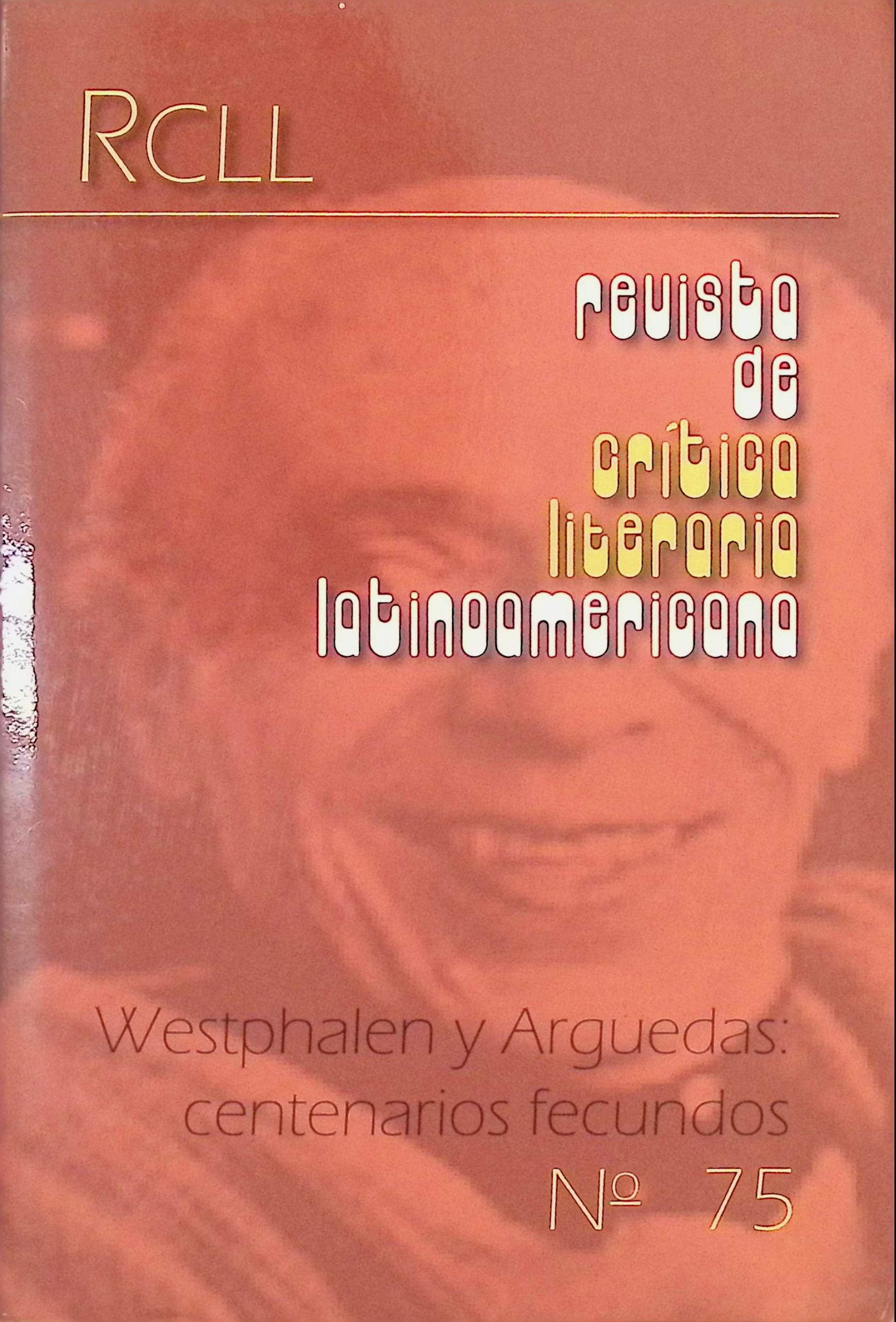Clorinda Matto de Turner's reading of Inca Garcilaso and Blas Valera: when language, domestic space and nation-state coincide
Keywords:
gender, ethnicity, nation, language, Quechua, women writersr, essay, trilinguism, bilingualism, colonialism, domestic language, Andean culture, Inca Garcilaso de la Vega, Blas Valera, Clorinda Matto de TurnerAbstract
A century after achieving its political independence, Peru (like other Latin American nations) was still struggling for its cultural emancipation from Spain. Various intellectuals directed their cultural hunger back in time and digested Royal Commentaries by the Inca Garcilaso de la Vega (1539-1609) in their continuing pursuit to understand the relationship between what sociologist Anthony Smith has called the primordial nation and what we understand to be the modern nation-state. Clorinda Matto de Turner (1852-1909) was one author who, while developing her essay “El Qquechua” (1888), turned her eyes back toward the Royal Commentaries and, perhaps surprisingly so, on those passages where Garcilaso was quoting from the earlier chronicler, the Jesuit Blas Valera. In Matto de Turner’s reading of Garcilaso reading Valera she suggests some interesting, stated and not stated, relationships between the Quechua language, feminine culture, and the Peruvian nation-state.





